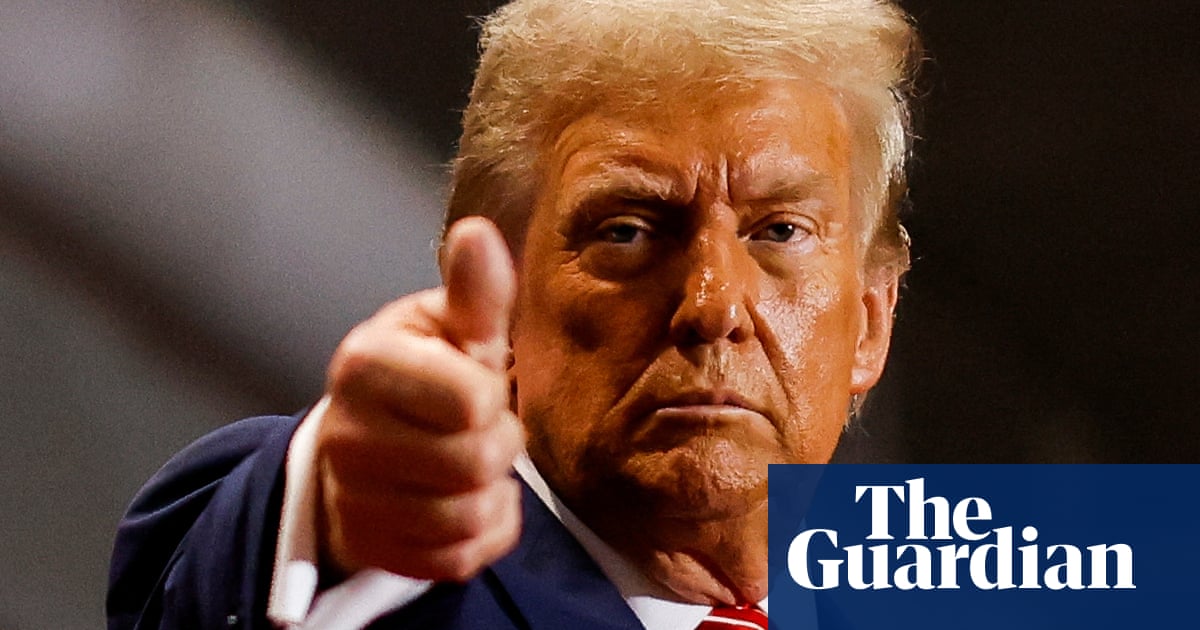2/9/2024–|Last update: 2/9/202407:03 PM (Makkah Time)
Former Bangladeshi Prime Minister Turned Sheikh Hasina to a diplomatic dilemma for the Indian Prime Minister’s government Narendra Modiaccording to analysts, four weeks after she fled to New Delhi amid popular protests against her rule.
On August 5, the daughter of independence hero Mujibur Rahman, who was assassinated in 1975, succumbed to the only option available to her in the face of demonstrations demanding an end to her authoritarian rule. She left her palace and fled by helicopter to India, which has been the lynchpin of diplomatic support for her since 2009.
Since Sheikh Hasina fled, students who led the protests against her have been calling on New Delhi to return her to Bangladesh to face justice over the weeks-long bloody crackdown on protesters.
As a result, Sheikh Hasina’s denial has revived tensions between New Delhi and Bangladesh’s interim government led by Muhammad Younis Award Winner Nobel Peace Prize.
“It would be much easier for Dhaka to continue its relations with a government that does not host Sheikh Hasina,” said Michael Kugelman of the Wilson Center think tank.
Indian setback
But the expulsion of Sheikh Hasina, 76, could hurt India’s relations with its other South Asian neighbours, at a time when New Delhi is seeking to counter Chinese influence.
“It’s clear that India doesn’t want to hand her over,” said Thomas Kean of the International Crisis Group. “It wouldn’t send a good message to its allies in the region who might question India’s willingness to protect them.”
Last year, New Delhi suffered a setback when its preferred candidate was defeated in the Maldives’ presidential election by a pro-China opponent, and lost a staunch regional ally with the fall of Sheikh Hasina.
In Bangladesh, victims of the previous regime see New Delhi as complicit in the human rights abuses they accuse Sheikh Hasina’s government of. They no longer hide their opposition to the interim government of Muhammad Yunus, especially since it had Modi’s support.
At the same time, the nationalist urged Narendra Modi -who has made the Hindu issue his top priority- Yunus’s government has been committed to protecting the Hindu minority in Bangladesh. In an earlier speech, he had suggested that this minority could be under threat.
This came at a time when a number of Hindus in Bangladesh and some of their temples were attacked during the chaos that followed the fall of Sheikh Hasina’s regime. This was condemned by the transitional government and students.
However, Indian media outlets close to Modi’s government did not hesitate to fuel the violence that sparked demonstrations by nationalists close to Modi.
Sheltering the Tyrant
Fakhrul Islam Alamgir, an official of the opposition Bangladesh Nationalist Party, expressed regret over India’s exclusive support for the former prime minister. “The people of Bangladesh want sound relations with India but not at the cost of their interests,” he said. “Unfortunately, India’s position does not build trust,” he added.
Trust between the two neighbours is so bad that some Bangladeshis have accused New Delhi of being responsible for the floods that killed 40 people.
“Our so-called friendly neighbour is not only sheltering the autocrat Hasina, but is also flooding us,” one protester said at a rally at Dhaka University.
In contrast, the Indian Ministry of Foreign Affairs denied that it had caused the floods by releasing water through its dams, especially since it had also caused the deaths of about 20 people in India.
To date, the Dhaka government has not publicly commented on India’s reception of Sheikh Hasina, but it has cancelled her diplomatic passport, effectively preventing her from leaving the country.
In 2013, the two countries signed a treaty that would allow the former prime minister to be extradited. But one of its clauses states that it can be refused if extradition would lead to a crime or misdemeanor of a “political nature.”
Former Indian Ambassador to Bangladesh Pinak Ranjan Chakr Avarti said relations between the two countries were too important for Dhaka to be jeopardised over the fate of Sheikh Hasina.
“Any sensible government would realise that making Sheikh Hasina’s return a priority would not do it any good,” he added.






